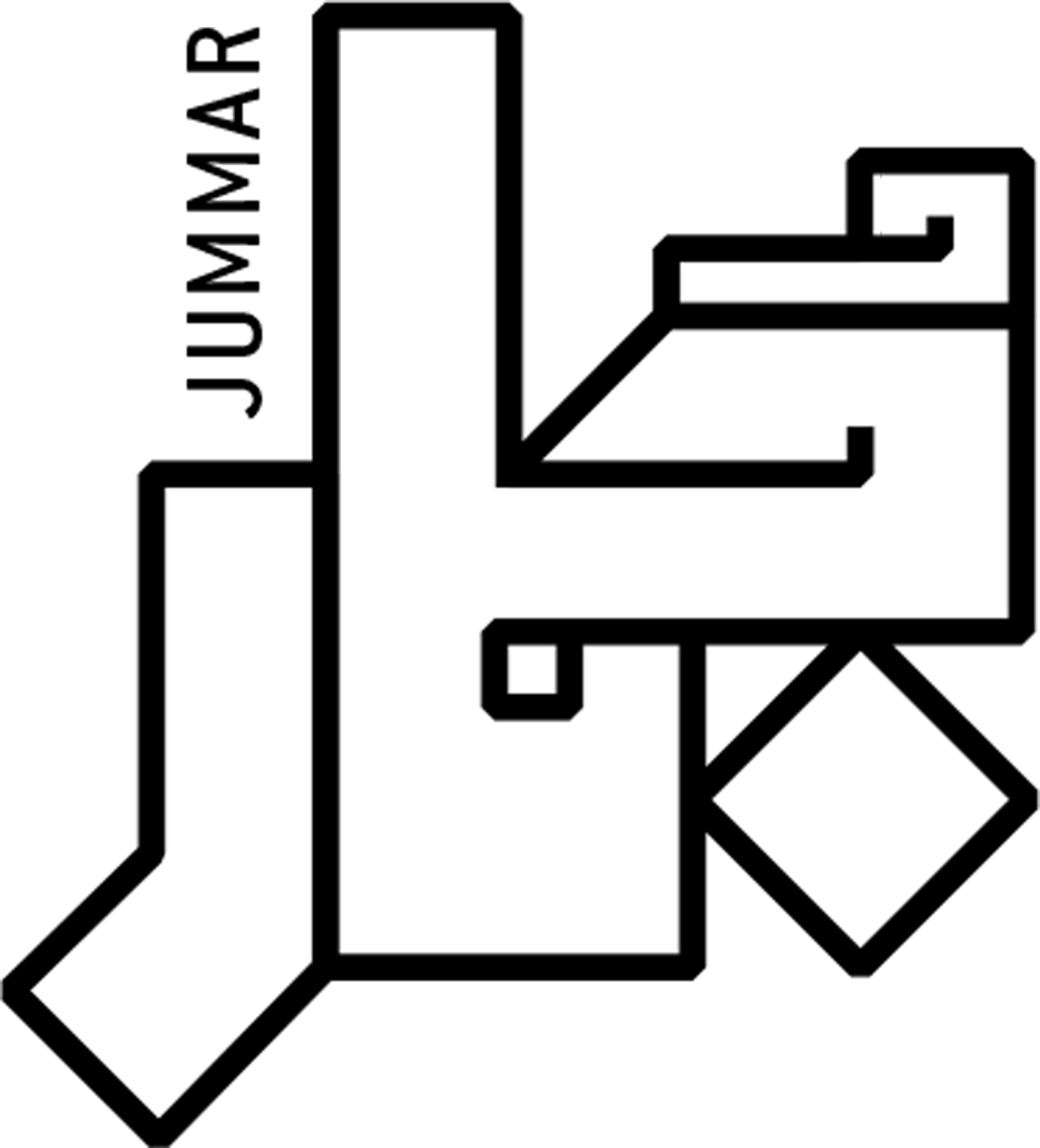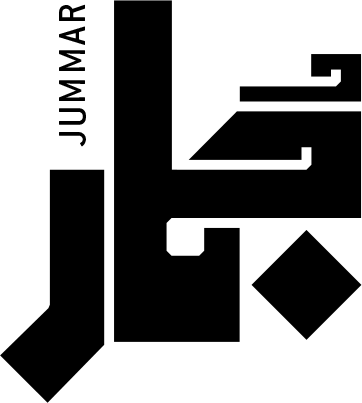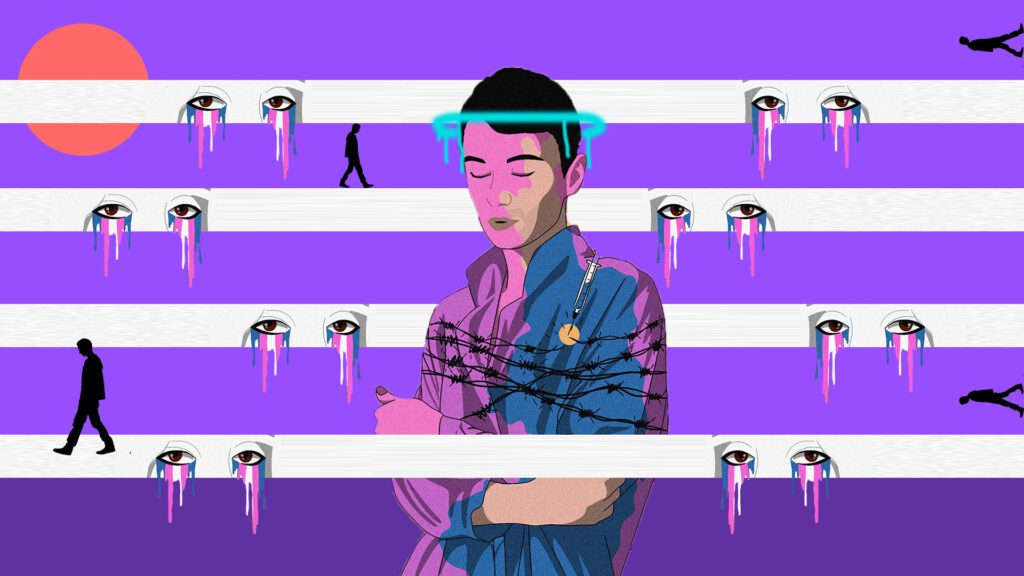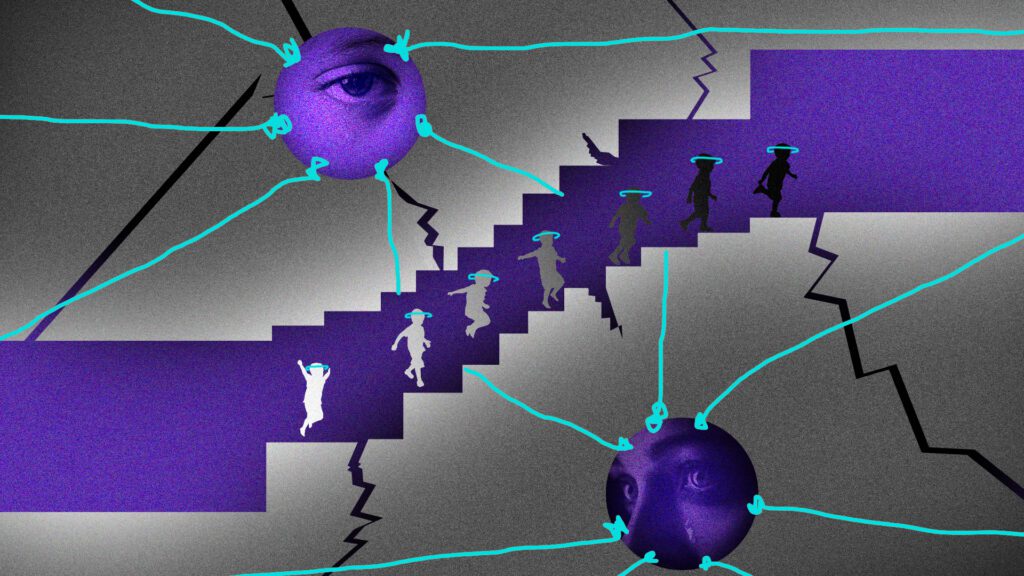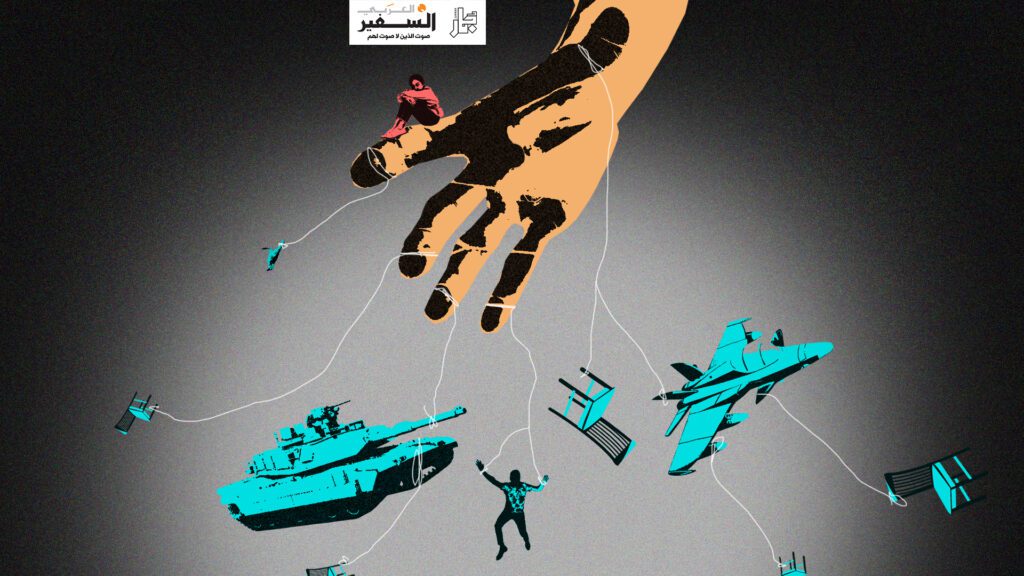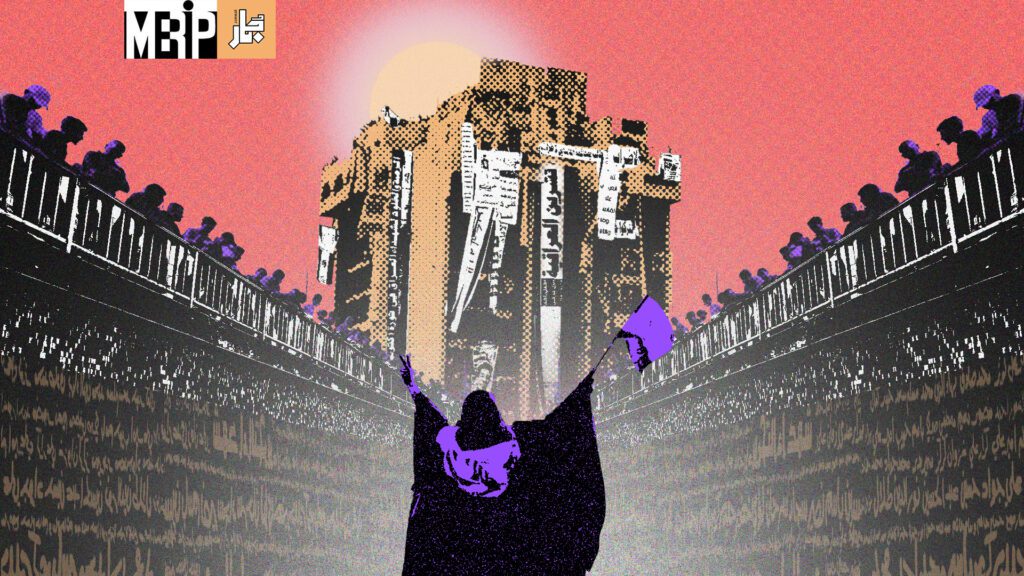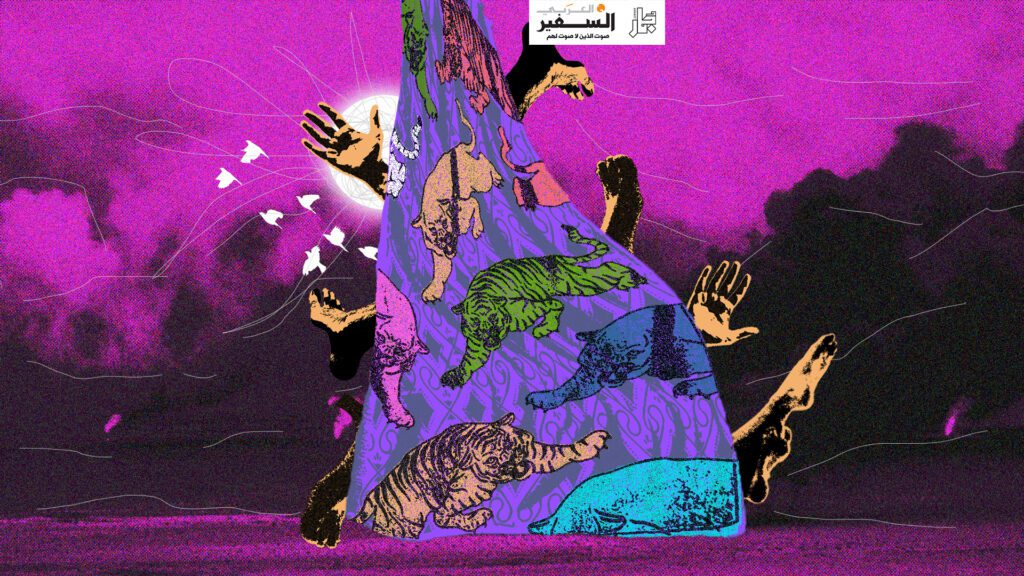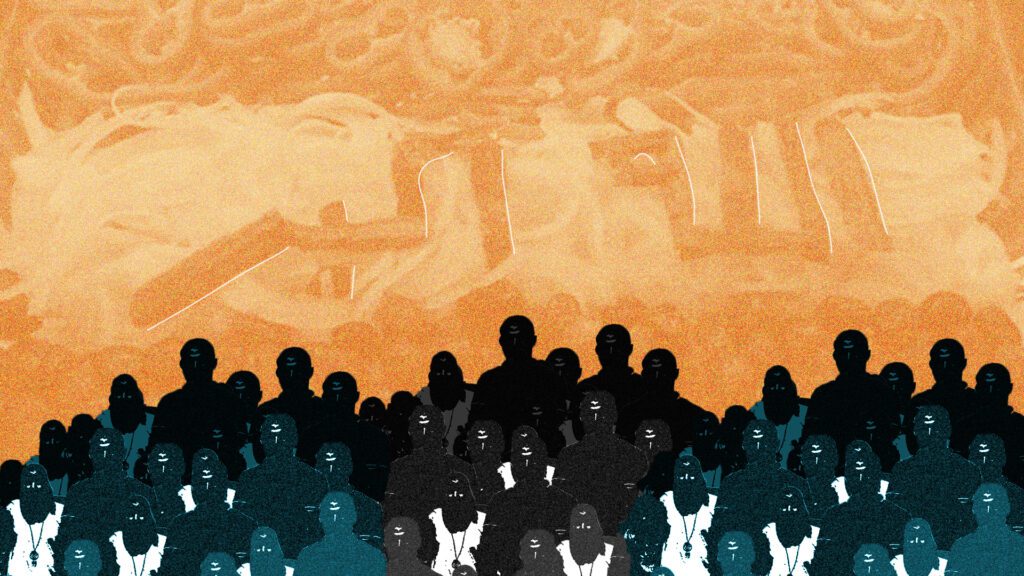Analysis
Perpetual Protest and the Failure of the post-2003 Iraqi State
Since 2019, protest culture has become ubiquitous in Iraq, especially in Baghdad and the other Shia-majority areas of the country that were the site of the Tishreen protests. Demonstrations are regularly organized for a variety of reasons. Some seek to keep the spirit of 2019 alive. Others are for government jobs. Some protests are responses to specific political or economic issues. Others are shows of force organized by political elites. The last in particular has become more common since 2019, with the political classes appropriating protest culture in order to blunt the effect of anti-systemic protest activism and as a tactic in intra-elite competition.
